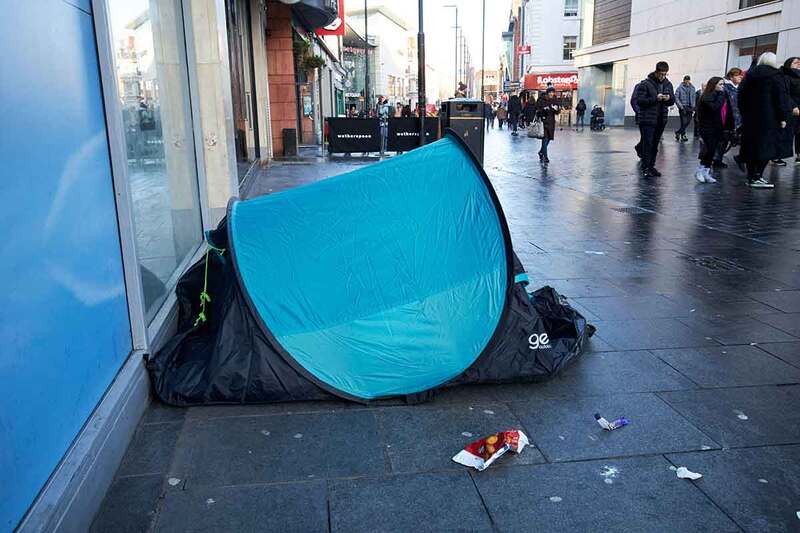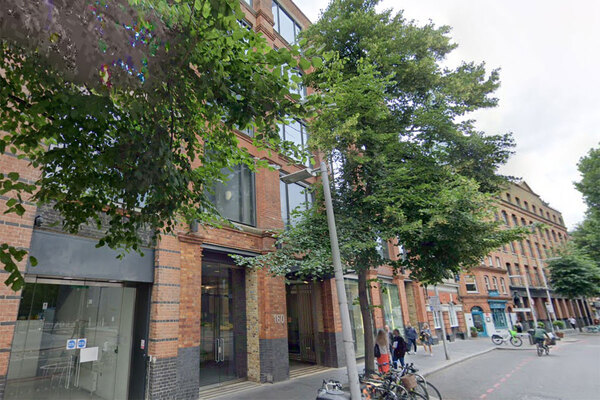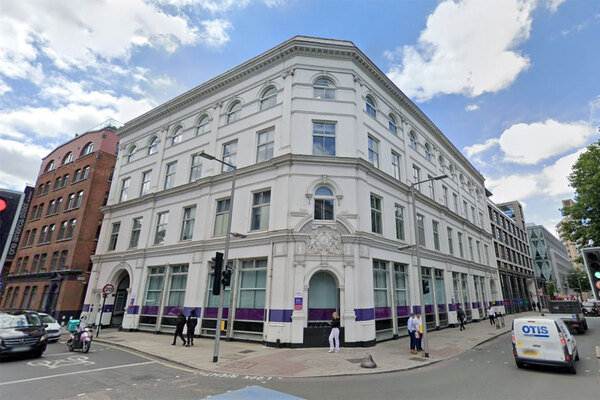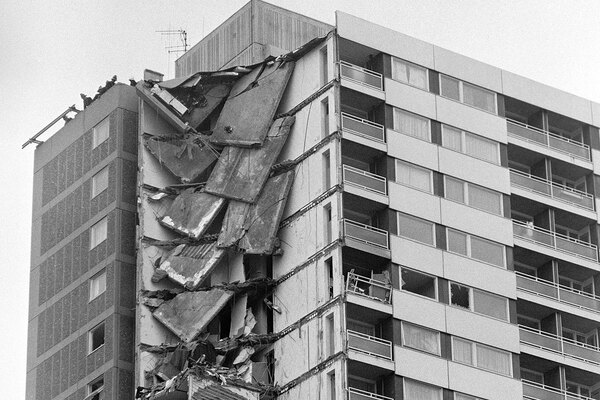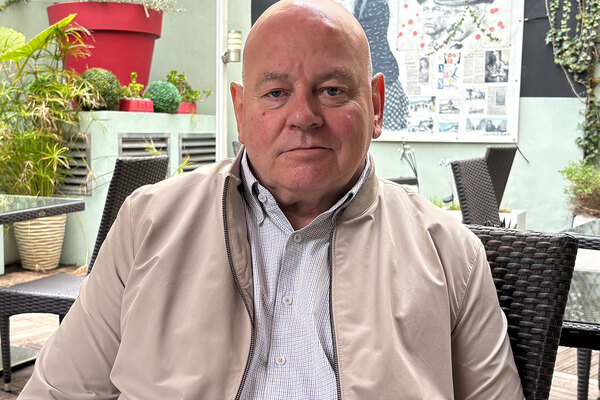London Councils warns boroughs risk overspending on homelessness budget by £250m
London boroughs are at risk of exceeding their homelessness budgets by £250m in 2024-25 in spite of an increase in government funding, as temporary accommodation costs soar to around £3m a day.
The cross-party London Councils group has found that 29 out of 33 boroughs overspent on their homelessness budgets in 2023-24, reaching a collective deficit of £208m.
In its Budget submission to the Treasury, the group warned that the pressure on Housing Revenue Accounts (HRAs) is so severe that boroughs anticipate they will need to make £170m of cuts to supervision, management, maintenance and repairs over the next four years.
Three boroughs forecast that they could run out of HRA reserves in the next four years, which London Councils said was “an unprecedented situation”.
The group said that boroughs are spending an overall £90m per month on temporary accommodation, up almost 40% year on year.
London Councils also highlighted a £96m subsidy gap between the cost of providing temporary accommodation and what councils can recover from the government through housing benefit.
The group forecast an overall budget shortfall across all services of at least £700m in 2025-26.
In response it has called for the £157m homelessness prevention grant to be doubled and the cap on temporary accommodation subsidy rates – currently frozen at 2011 rates – to be lifted.
It said that its top priority was to “stabilise local government funding” and that it has also called for around a 7% uplift to councils’ core spending power in 2025-26.
Claire Holland, chair of London Councils, said: “Housing and homelessness pressures are the fastest-growing risk to London borough finances. At a time when we need to invest in social housing and support homeless Londoners, boroughs are facing an unrelenting squeeze on our resources.
“The unavoidable reality is that spiralling costs and years of underfunding threaten to break boroughs’ budgets.”
In March, London Councils sounded the alarm over a £700m “black hole” in local authorities’ social housing finances as costs outpace rental income.
Islington Council also identified a £1.8bn shortfall in its HRA over the course of its 30-year business plan, between what it believes is a “sound level of investment” and the resources it has available to it.
Sign up for our Council Focus newsletter
Already have an account? Click here to manage your newsletters
